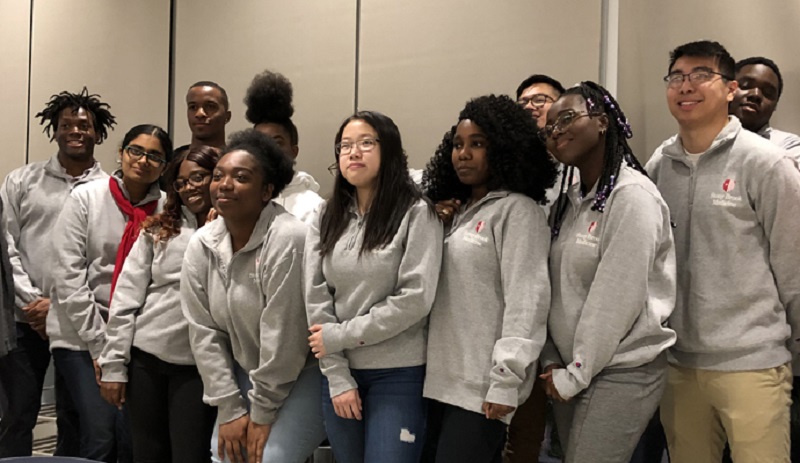
Historically, racial and ethnic minorities have been underrepresented in the health professions in the United States. According to the Sullivan Commission, “...The nation’s medical, nursing, and dental schools have not succeeded in their efforts to achieve greater diversity among their students and, in turn, to develop a health professions workforce with the skills and diversity needed to maintain the nation’s position as a world leader in health care.” Even talented minority students who do succeed at primary, secondary and collegiate levels, and who are committed to pursuing a career in one of the health professions, often find it difficult to gain admission to health professions schools.
In the Renaissance School of Medicine’s Strategic Plan for 2011-2015, Kenneth Kaushansky, MD, Senior Vice President Health Sciences, and Dean, Stony Brook School of Medicine, stated that in the institutional commitment to diversity we will "build pipeline programs that will enhance the entry of underrepresented minorities into medicine and monitor their success."
The Pre-medical Access to the Clinical Experience (PACE) Program allows RSOM undergraduate students who are in their junior and senior years and have self-identified as pre-med students to shadow Renaissance School of Medicine faculty members in private practices, and in the hospital, in order to increase their exposure to clinical experiences and their ability to successfully apply to medical school.
PACE Scholars are also provided sessions on "How to Study," "the AMCAS Application," "Professional Communication," “Professional Etiquette,” “the MCAT," "How to Write a Personal Statement" and "Relieving Stress." These sessions are facilitated by Stony Brook Renaissance School of Medicine faculty and medical students. PACE Scholars are also mentored by our medical students.